Facebook Announces Snopes' Liberal Bloggers Will Determine What's 'Fake News'Chris MenahanInformationLiberation Dec. 15, 2016 |
Popular 
NYT: Trump Ended War With Houthis After They Shot Down U.S. Drones, Nearly Hit Fighter Jets

Trump Advisor to Washington Post: 'In MAGA, We Are Not Bibi Fans'
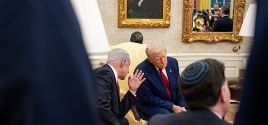
Trump Cut Off Contact With Netanyahu Over 'Manipulation' Concerns, Israeli Reporter Claims
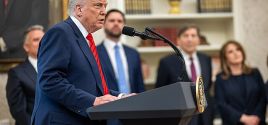
Trump Praises Houthis' 'Bravery'
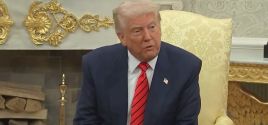
Trump Makes Deal With Houthis - With No Provisions for Israel's Security
 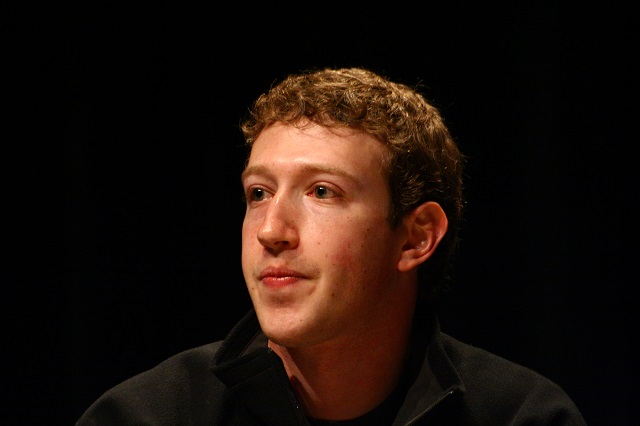 This is insane. This is insane. Facebook has just announced they're going to implement what may be the most oppressive censorship regime out of every major social media site. Failed liberal bloggers with a disastrous track record from Snopes, along with other partisan "fact-checkers" like Politifact, are going to be deciding what is and is not "fake news." Not only will they punish such sites by lowering their reach, but they'll insert their own "fact-checking" articles to provide a counter narrative. Giant pop-up warnings will also be inserted to scare people from sharing articles they've deemed "fake." 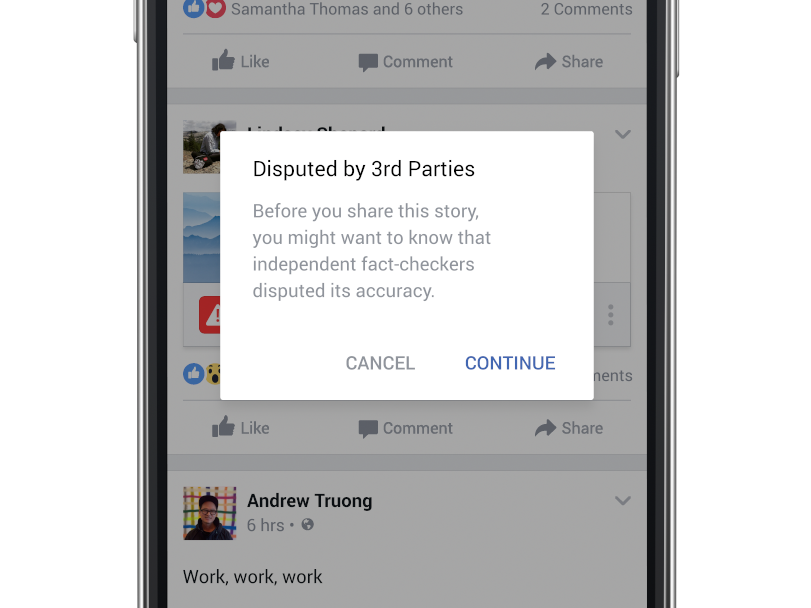 This is straight out of an insane plan floated years back to have internet browsers censor "conspiracy" websites and direct people to so-called "debunking" sites with giant pop-ups and warnings. Journalist Tim Pool produced a good breakdown of how this censorship will actually work in practice: He basically predicts all big MSM sites will be whitelisted while all alternative news sites will be under this regime. I guess he wasn't aware Facebook already whitelisted CNN within the last few weeks and made it impossible to report their articles as "fake news," even though they traffic in misinformation and lies. That means plainly, lying media narratives will not be countered, but bloggers who said there was no WMDs in Iraq and the war was based on a lie will be flagged to hell by partisans who disagree with them.
From Business Insider: Facebook is going to start fact-checking, labeling, and burying fake news and hoaxes in its News Feed, the company said Thursday. 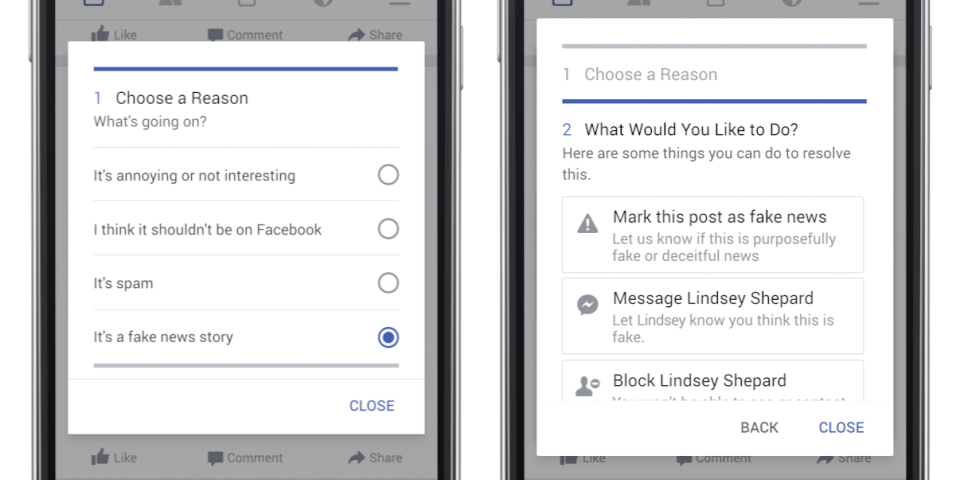 "We've focused our efforts on the worst of the worst, on the clear hoaxes spread by spammers for their own gain, and on engaging both our community and third party organizations," Facebook News Feed chief Adam Mosseri said in a company blog post on Thursday. 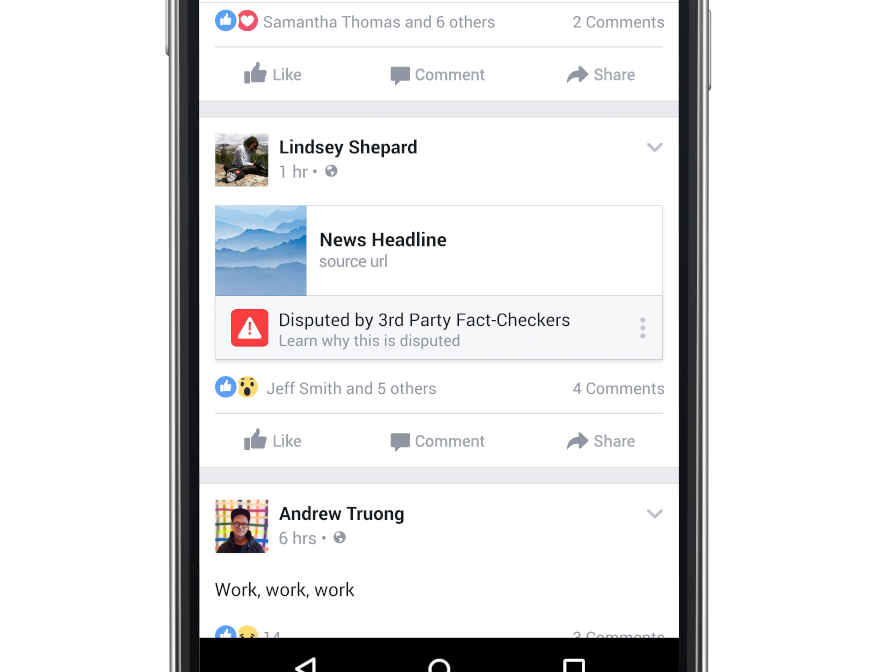 Facebook has given its four initial fact-checking partners access to a tool that will let them label stories in the News Feed as fake, a Facebook spokesperson said. The person said Facebook is not paying the organizations to fact-check.With this change, Facebook could go from a platform for somewhat open discussion to the most censored social media site in all of America. Follow InformationLiberation on Twitter and Facebook. |



